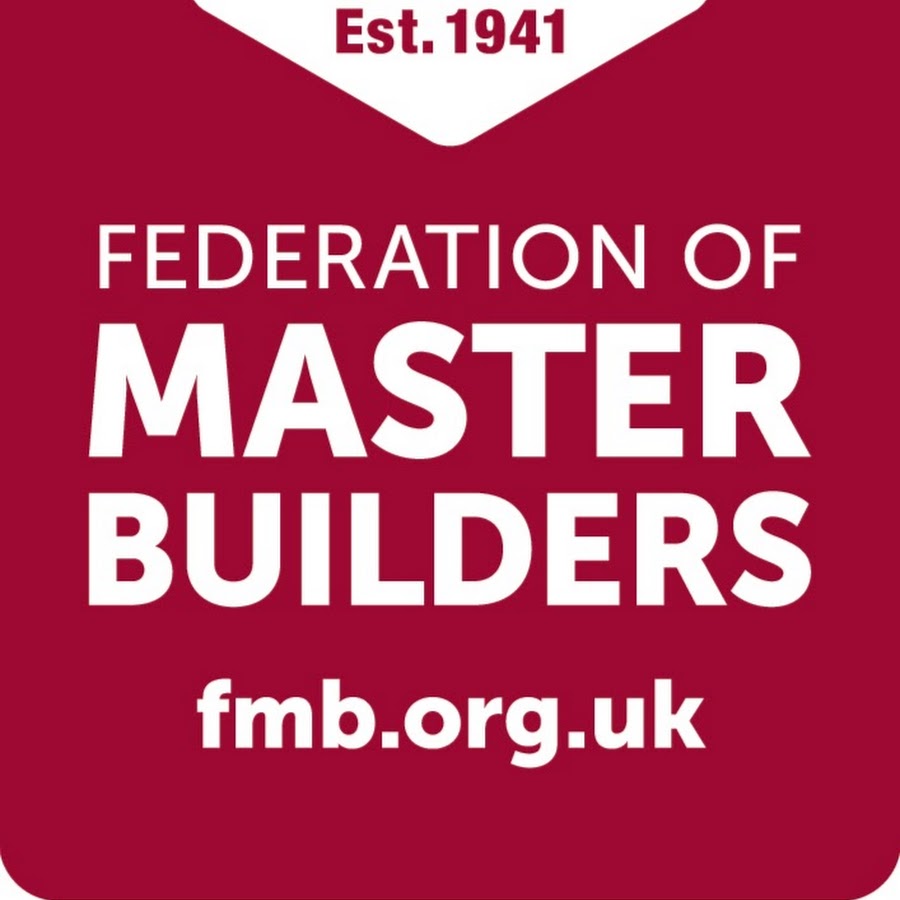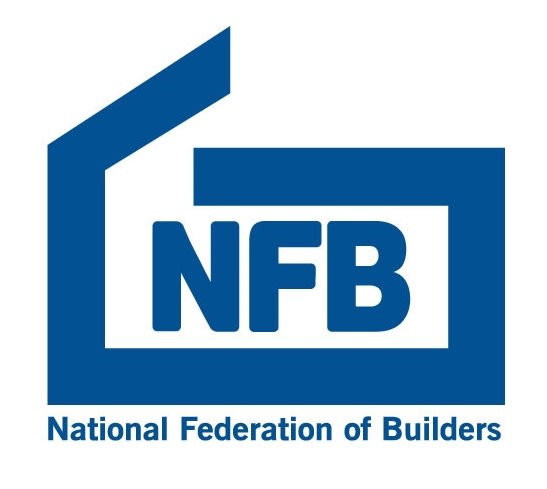GUESTS from across the Midlands construction industry will help to raise vital funds for a children’s cancer charity as they attend upcoming awards ceremonies hosted by Constructing Excellence Midlands. The organisation has partnered with Children with Cancer UK – one of the leading childhood cancer charities in the UK – ahead of its upcoming East and West Midlands events which will celebrate the very best of the construction industry within the regions.
The events, which will take place in Birmingham on 1 June then in Nottingham on 26 June, will provide an important fundraising opportunity for the charity, which funds much-needed research and provides support for families living with childhood cancers. Andrew Carpenter, chief executive of Constructing Excellence Midlands, said: “As an organisation we promote best practice within the construction industry and an important part of that is delivering social value through the work that we do. In partnering with Children with Cancer UK for our awards events, hopefully we can support them in raising some all-important funds as well as spreading awareness of the amazing things they do.
“The awards themselves are an amazing opportunity to celebrate those people and organisations doing great things within the industry and we are looking forward to celebrating that at the events.”
Founded in 1988 by the O’Gorman family, who lost two children to cancer, Children with Cancer UK has huge ambitions not only to raise their profile but also to maximise fundraising capacity in what is their 35th anniversary year.
Jo Elvin, CEO at Children with Cancer UK, added: “The charity plays a vital role in funding ground-breaking research into understanding – and ultimately conquering – childhood cancers. With 10 children a day currently facing that bleak diagnosis, the charity is committed to realising a world where every child survives cancer. We’re delighted that Constructing Excellence has chosen to support us at their Midlands events and look forward to sharing our story with guests.”
Constructing Excellence Midlands promotes best practice and collaboration across the Midlands construction industry. Entries are now open for both the East and West Midlands awards and sponsorship opportunities are available.
Nikita Badesha is chair of Constructing Excellence Midlands’ G4C group, a self-funded networking and events organisation for young professionals aged 35 and below working in the construction industry. She is also a project manager at Rider Levett Bucknall.
“I was brought in as the first chair in 2020, helping to grow the group from the ground up into an established networking organisation for young professionals, mostly operating in Birmingham in tandem with the growth of Constructing Excellence Midlands. As we’ve gained traction, we now average between 30 and 40 young people at our free events, of which places tend to be snapped up within a week.
“There are huge benefits to being a part of G4C – not just for the young people involved but also the carryover effect this has to businesses looking to professionally develop the emerging talent in their teams and grow their network within Constructing Excellence Midlands.
“The G4C committee consists of nine young professionals in construction from an array of companies operating across different disciplines in supply chains. In my role as chair, I help to set up events on a rolling basis, with our staple monthly sponsored breakfast networking sessions a massive hit on the first Thursday of each month.
“In addition to these, we host regular CPD sessions, featuring industry speakers who have been well received at breakfast sessions. We alternate between technical and soft skills discussions, having previously discussed topics such as changes to housing association regulations, sustainability, change management, as well as how to improve LinkedIn skills.
“As a project manager by trade, I don’t have an entirely technical understanding, so I’ve found it particularly rewarding to learn more about smart buildings and their key considerations. Likewise, engineers in the group may have not been familiar with how to negotiate, but our sessions have provided them with this knowledge to fall back on.
“Attendees have reported that these events give them a great appreciation of the different organisations that work in the industry and that they often find themselves transferring learnings back into their day-to-day work – and feel more confident to question things and be actively involved in project discussions.
“We always have time before and after events for networking time to get to know our peers better and collectively have discussions on the state of the construction industry. We also hold social events which equally attract great interest, with our Summer and Christmas socials always highly enjoyable affairs. A lot of young professionals who come to our events have become good friends and go to other CPD and networking events together.
“We have exciting plans for G4C Midlands. We will be launching a podcast to increase reach for those who can’t come to events and to help build our credibility so that companies understand the value we can create for their teams.
“Personally I’m proud to have helped grow CE Midlands. I’ve been able to put the skills learnt from my business degree to good use in the management and operations of the group. By being actively involved in the G4C, it has helped to put my name out there in industry, with many people at events recognising my involvement with the organisation.
“CE Midlands has also been incredibly supportive in giving me not only this responsibility but the platform to amplify my MSc dissertation on Gender Diversity in Construction, from the
back of which I’m keen to continue playing my part towards helping to break the concrete ceiling.
“I’m excited to help G4C grow further across the Midlands and put on more informative and exciting events for the benefit of young professionals starting their careers in construction.”
This month Martyn Jones has been reflecting on relationships, and more particularly, the inter-organisational relationships associated with supply chain management (SCM).
In 2002, he along with coresearchers, published ‘A review of the progress towards the adoption of supply chain management (SCM) relationships in construction’ in the European Journal of Purchasing and Supply Management,
At that time, it was being strongly argued that SCM, which was proving to be successful in other industries, particularly manufacturing, could be similarly adopted in construction.
Based on empirical research the authors argued that although SCM relationships could address many of the issues impeding improvements in construction’s performance, there were also specific features of our industry – such as being project-based and its operating system – which rendered it difficult to fully implement in the context and culture of construction.
Since then, construction frameworks have become widely recognised as the best approach available to us in delivering the transformational improvements advocated by Latham and Egan, and provide a way for construction to get as close as possible to the inter-organisational relationships associated with SCM.
Private clients have always had much greater scope to innovate and forge closer relationships with their preferred construction suppliers. Public clients, however, were often constrained by strict governance and procurement rules.
And looking at the scope for changes in relationships, it is also necessary to differentiate between regular and frequent clients of the industry. Regular clients have the necessary flow of work and hence the incentive and necessary influence and leverage to nurture longer-term SCM-type relationships.
In 2004 the situation changed for public clients when public sector frameworks were formally introduced into European legislation through EU Directive 2004/18/EC of the European Parliament for the coordination of procedures for the award of public works contracts. This formally released
the potential benefits that could flow from the stronger relationships arising from longer-term arrangements and closer relationships with fewer but carefully chosen trusted suppliers.
With the emergence of framework providers and multi-client frameworks even infrequent and public clients of construction were now able to benefit from frameworks and to some extent SCM-type relationships – including the development of greater mutual understanding, the empowerment of main and specialist contractors, and opening up opportunities for shared learning, and building mutual competitive advantage.
And in another shift, 2022 saw the publication, of ‘Constructing the Gold Standard: An Independent Review of Public Sector Construction Frameworks’, produced by Professor David Mosey. His review of the over 2,000 public sector frameworks that now exist, represents a robust and valuable insight into the progress that public clients have made in adopting SCM type relationships and sets the “gold” standard for frameworks.
What does David’s review have to say specifically about relationships? Well, for example, he calls for “multi-party relationships that align objectives, success measures, targets and incentives with commitments to joint work on improving value and reducing risk”.
Also, “Transparent costing, call-off, performance measurement and incentives that provide a fair return for suppliers and drive value rather than a race to the bottom and framework management systems that support collaboration and dispute avoidance”.
David’s review provides 24 recommendations number 23 of which “recommends improving framework outcomes by creating collaborative systems for the management of framework relationships and strategic supply chain relationships”.
There is more. “To drive improved framework outcomes through clear mutual understanding, effective problem-solving and dispute avoidance, this review recommends that framework providers, clients and managers create collaborative systems for managing framework relationships and that these are mirrored by suppliers in strategic supply chain relationships. These systems should include a ‘Core Group’ or equivalent joint decision-making group through which to manage strategic planning, value improvement, risk reduction and dispute avoidance.”
Does this take construction near to emulating the SCM relationships achieved in other sectors of the economy? Not really, as there are still many features of construction that set us apart from other sectors of the economy in the pursuit of SCM.
And the world has moved on. Yet this review suggests that much of construction is still playing catch up in exploiting the opportunities presented by closer relationships and integrated processes that have dominated thinking in the past 25 years or so, and not looking enough to exploiting the possibilities in the emerging paradigm.
David does nudge us in the direction of the new paradigm. For example, “Recommendation 13: Improve economic, social and environmental outcomes through framework early supply chain involvement (ESI), using Supply Chain Collaboration systems in all framework contracts.”
In a similar vein, with “Recommendation 11: Improve supplier investments in MMC and other offsite technologies by awarding framework call-off contracts for portfolios of work.”
And, “Recommendation 12: Create a whole life golden thread of asset information using BIM and other digital technologies integrated under a framework alliance contract.”
So yes, many parts of our industry have made considerable progress since 2002 in adopting SCM-type relationships despite the barriers in our traditional operating system. But have we have moved as far and as fast as we might have done, or needed to, in exploiting the opportunities of the existing paradigm? Probably not. And does this mean that we are not as prepared as we might be to respond to the opportunities in the new digital paradigm?
Welcome to the March edition of our Constructing Excellence Newsletter. Before we dive in, on behalf of the board I would like to express our gratitude to all who attended our Annual General Meeting (AGM) on Wednesday 1st March. Your time, attendance and engagement are critical to our continued success.
As we continue into 2023, it’s clear that the challenges faced by the construction sector in 2022 are far from over. The compounding effects of Brexit, Covid, the war in Ukraine, energy prices, and inflation will continue to pose significant challenges, including rising costs and reduced cost predictability. Furthermore, the industry faces a shortage of skilled labour and the increasing prices of construction materials such as concrete, steel, and microchips. These materials are incorporated into practically everything we build. These challenges make it essential for the industry to adapt and embrace new technologies and innovations that will improve productivity, efficiency, and sustainability.
Smarter methods of construction, new technologies, innovative materials, and product designs offer opportunities to address these challenges. The adoption of digitisation, pre-fabrication, data analytics and AI deployment across a range of construction processes can drive better productivity and efficiency. It can also help minimise wasted resources on-site and reduce the reliance on traditional construction approaches, which can be affected by the shortage of skilled labour. Additionally, innovation in construction materials and product designs can improve the quality of buildings, reduce environmental impact and lower costs.
The CE Midlands team is committed to driving conversations and collaborations across the entire construction value chain in order to identify, promote, and take advantage of these opportunities. In the past year, we have made significant progress in a number of areas, including workforce safety, digitization, net-zero, talent development, and digital innovation. Our organization is proud to support our members in adopting these new technologies and innovations in order to meet the challenges that our industry faces today.
There have been a lot of talks, articles and publications in the recent months and years about the industry having to change or risk becoming extinct, and for good reason. But did you know that, dating back to 400,000 B.C., experts believe that the construction industry is one of the oldest industries in the world? The earliest evidence of large-scale buildings is in Mesopotamia. And in the coming months, we will continue to serve our members to help drive collaboration across the industry. This will enable us to seize the opportunities that exist and ensure the industry thrives well into the future. Together, we can overcome the challenges and build a sustainable and thriving construction sector.
Thank you once again for your continued support, and we hope you enjoy this edition of our newsletter.
















